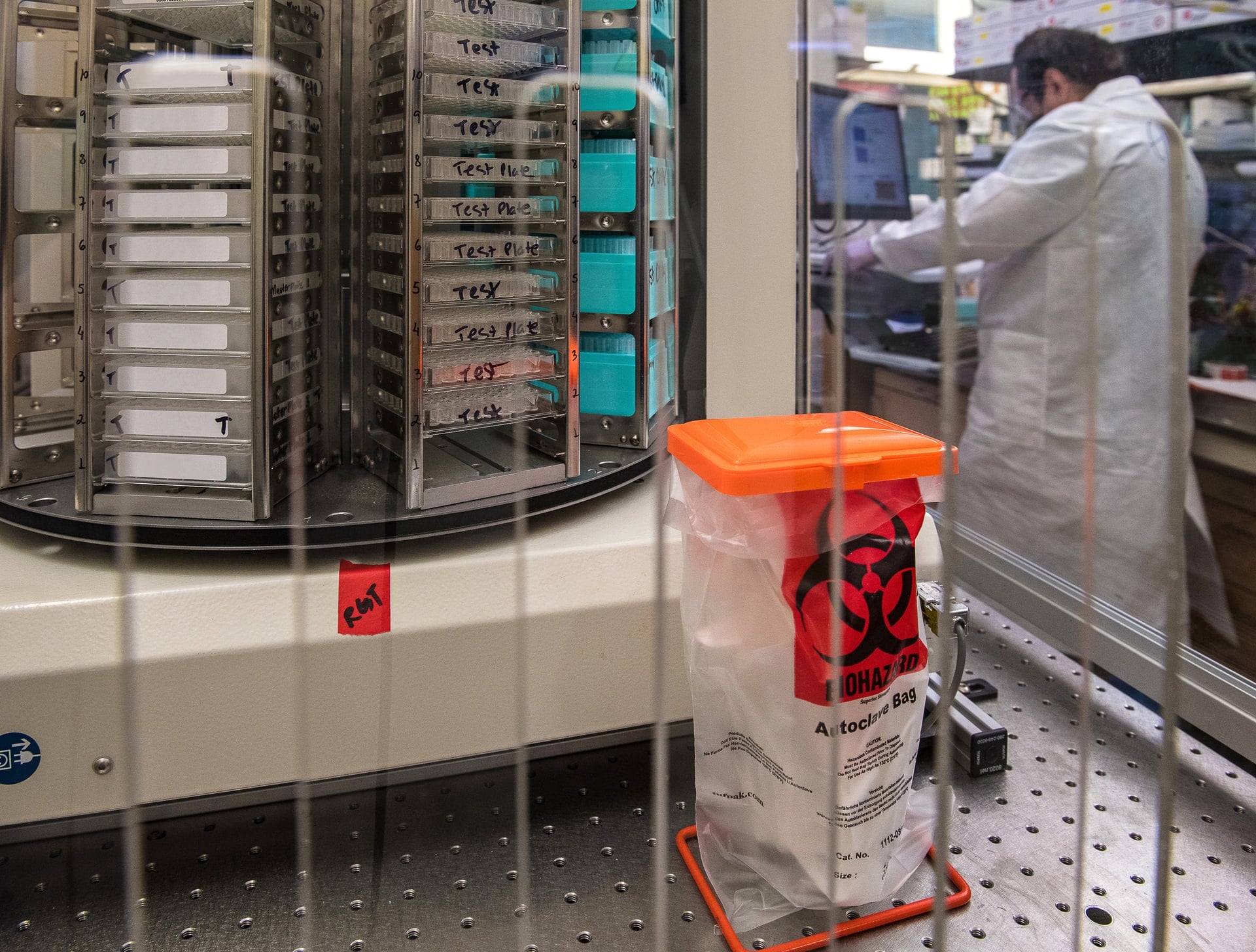In the current volatile business environment, supply chain management (SCM) is instrumental in accomplishing business growth. SCM plays a major role in determining your business’s financial stability—or lack of it. Therefore, you need to optimize your SCM by implementing a reliable enterprise resource planning (ERP) system in your business.
Fortunately, you can easily find an effective and reliable ERP for your SCM needs. With a system like SAP business ByDesign ERP, you can easily optimize your SCM and improve your business’s financial strength.
Role of ERP in SCM
Although SCM is a complex process, it is a vital component of your business because it promotes growth. For it to work effectively, though, you need to incorporate the right ERP system into your business processes. A good ERP system like SAP Business will streamline different business processes and data, including demand, inventory, procurement, supply, shipment, and customer information.
One of the common questions asked by retailers around the world is:How does ERP help retail businesses? An ERP system helps businesses effectively manage their resources by allowing them to integrate different aspects and activities of their retail business, including managing multiple stores, moving stock, changing prices, and offering promotional discounts.
It also plays a critical role in optimizing your business’s supply chain. This involves unifying all data sources across your business, processes, and IT into a single data management solution.
Below are some of the main benefits of using ERP for supply chain optimization.
Enhanced Visibility of Process Flow
With ERP, you can feed relevant information about your business processes gathered from various sources to different users, allowing every user within your supply chain to access this data seamlessly so that they can complete their tasks without delays. This enhances product delivery accuracy when tracking products. Furthermore, real-time data updates influence-predictive analytics, enabling you to minimize production delays and improve productivity across all locations.
Better Visibility and Clarity of End-to-End Supply Chain
An effective ERP system will make your supply chain processes completely visible and transparent so that you can easily monitor customer demands, inventory, and the latest market trends. This helps you maintain agility in your business model–when your supply chain is completely transparent, your customer service and problem-solving proficiencies improve. This also gives managers insight into different parts of your supply chain so that you can make informed decisions.
Better Demand Planning and Monitoring
To optimize your business’s supply chain, you need to figure out how to plan for and monitor customer demand. Your ERP system will enhance inventory management practices and allow you to create strategies that give you more control, improved margins, and greater satisfaction. This will enable you to deliver products faster, resulting in an improved customer experience.
Enhanced Supplier Qualification
An effective ERP system allows you to be proactive rather than reactive. Instead of waiting to react to the quality of products or materials delivered, you can optimize the process of qualifying a supplier to ensure they meet your business standards. That way, you can evaluate both current and future suppliers to enhance your sourcing and satisfaction strategies.
However, you’ll only enjoy these benefits if you can pick the right ERP system. So, take your time to learn how to evaluate an ERP system effectively so that you can choose the best solution from the start.





